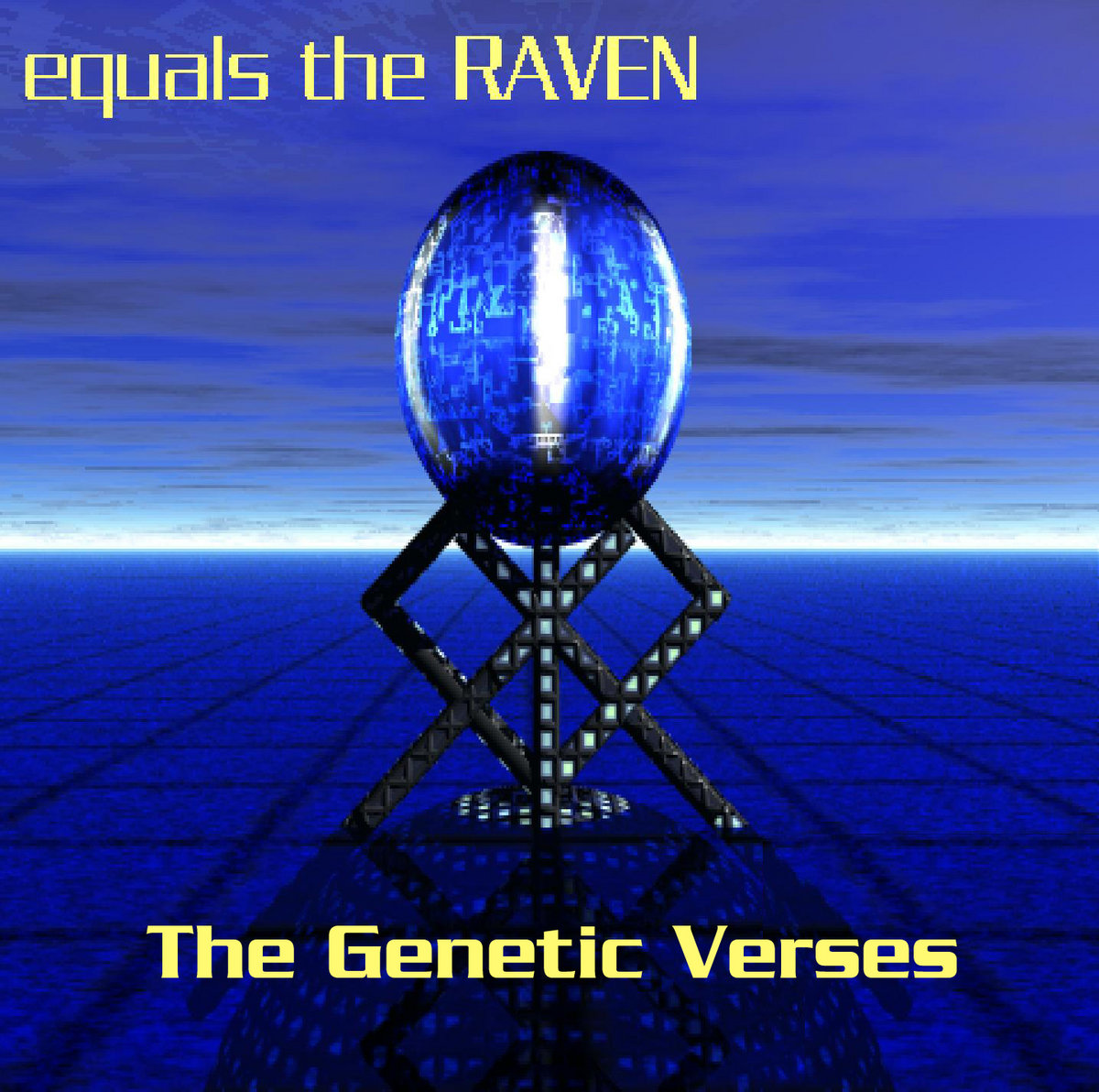

Satan tempted him to utter the following line: "Have you thought of al-Lāt and al-'Uzzá? And about the third deity, al-Manāt?" As he was reciting these verses of Sūrat an-Najm, considered a revelation from the angel Gabriel: In its essential form, the story reports that Muhammad longed to convert his kinsmen and neighbors of Mecca to Islam.

The different versions of the story are recorded in early tafsirs (Quranic commentaries) and biographies of the Prophet, such as Ibn Ishaq's. There are numerous accounts of the incident, which differ in the construction and detail of the narrative, but they may be broadly collated to produce a basic account. See the complete text of Tabarī's account below The story was accepted by religious authorities for the first two centuries of the Islamic era, but was later rejected by religious scholars ( Ulama) from the 13th century onward as incompatible with Muhammad's "perfection" ( 'isma), implying that Muhammad is infallible and therefore cannot be fooled by Satan.

He says that the story in its present form is certainly a later, exegetical fabrication despite the fact that there could be some historical basis for the story.

Welch, in the Encyclopaedia of Islam, argues that the "implausibility" argument alone is insufficient to guarantee the tradition's authenticity. The incident is accepted as true by some modern scholars of Islamic studies, under the criterion of embarrassment, citing the implausibility of early Muslim biographers fabricating a story so unflattering about their prophet. The first use of the expression in English is attributed to Sir William Muir in 1858. The verses praise the three pagan Meccan goddesses: al-Lāt, al-'Uzzá, and Manāt and can be read in early prophetic biographies of Muhammad by al-Wāqidī, Ibn Sa'd and the tafsir of al-Tabarī. The Satanic Verses are words of "satanic suggestion" which the Islamic prophet Muhammad is alleged to have mistaken for divine revelation. For other uses, see Satanic verses (disambiguation). For the novel by Salman Rushdie, see The Satanic Verses. This article is about the religious verses.


 0 kommentar(er)
0 kommentar(er)
